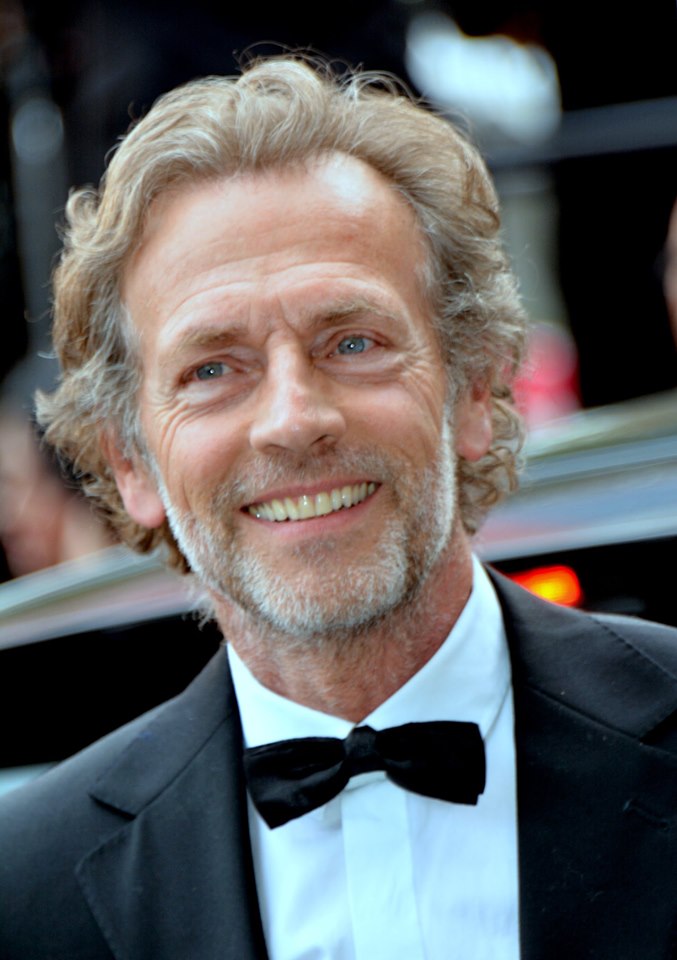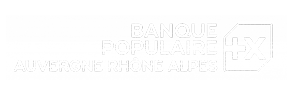2004 - Previous edition
Edito
Movies
“Eigernordwand”
52’- Swiss
Director: Franck Senn, Thomas Ulrich
“A la recherche du pharaon perdu”
52’
Director: Pierre Stine
“Nyiragongo, un volcan dans la ville“
52’
Director: Antoine de Maximy
“On a marché sur Mars“
58’
Director: Laurent Lichtenstein, Greg Lanning
“Le raid gauloise 2003“
51’
“Au nom du fils“
52’
Director: Philippe Jamain
“Hook or book”
44’
Director: Robert Nicod
“Chamonix – Katmandu”
46’
Director: Arno Adam, Stéphane Dan
“La longue trace”
52’
Director: Mike Magidson
Awards
Aigle d’Or de l’Aventure – Grand Prize of the festival
“Au nom du fils”
Director: Philippe Jamain
Special Jury Prize – Originality of the scenario
“La Longue Trace”
Director: Mike Magdison
Public Grand Prize – Spectators’ favorite
“La Longue Trace”
Director: Mike Magdison
Alain Estève Prize – Technical qualities of the movie
“Eigernordwand”
Director: Thomas Ulrich, Franck Senn
CMC Hope Prize – Encouragement prize for filmmaking
“Chamonix-Kathamandu”
Director: Arno Adam, Stéphane Dan
Jury's president

Stéphane Freiss
Born in the Paris region on November 22, 1960, Stéphane Freiss specialized in History at the University of Nanterre, before dropping everything to devote himself to his passion and train as an actor with the renowned Yves Pignot. Graduating from the drama conservatory in 1985, he quickly joined the prestigious Comédie Française.
At the same time, Stéphane Freiss made his television debut and the film “Premiers Désirs” marked his first appearance in the cinema alongside the beautiful and still unknown Emmanuelle Béart. He continued his career by making appearances in films such as Agnès Varda’s “Sans roof ni loi” and Pierre Jolivet’s “Le Complexe du Kangourou” which made him known little by little.
Revealed in 1988 in “Chouans!” by Philippe de Broca, Stéphane Freiss received the César for Most Promising Actor for his role as a mischievous royal in love with Sophie Marceau. Very active and recognized on stage, the actor won a Molière in 1992 for his performance in “It Was Good” by James Saunders and after various TV films, he lent his voice to the reading of some literary texts, particularly poetic works. by Andrée Chedid.
In the cinema, his seductive physique allows him to respond to actresses such as Maruschka Detmers in “Comme des rois” or Catherine Zeta-Jones in “The Thousand and One Nights” by Philippe de Broca.
The protean talent of Stéphane Freiss is skilfully exploited by filmmakers and authors who entrust him with colorful and diverse roles. Thus, from the marital turmoil he experiences in Jean-Pierre Améris’ film, he turns once again towards laughter in the shoes of a human resources director at Dany Boon and his famous Bienvenue chez les Ch’tis. “The marriage of the two works well, I find complementarity there” he comments, speaking of the drama and the comedy.
By lending his voice to Doctor Cockroach in the French version of “Monsters Against Aliens”, he has just given the answer to very young stars, Julien Doré and Louise Bourgoin.
Catherine Chabaud
Catherine Chabaud
Catherine Chabaud is a French journalist and sailor, born November 29, 1962 in Bron (Rhône).
During the third edition of the Vendée Globe (1996-1997), she became the first woman to complete a solo, non-stop, round-the-world sailing trip.
She notably co-founded the Ocean and Clima platform and launched an initiative to have the “ocean recognized as a common good of humanity”.
She was an advisor to the Economic, Social and Environmental Council then delegated to the sea and the coast within the Ministry of the Environment, Energy and the Sea, from February 26, 2016 to November 13, 2017.
On May 26, 2019, she was elected MEP on the Renaissance list, under the MoDem.
Marine Jacquemin
Marine Jacquemin
Marine Jacquemin is a French journalist. She is among the first French women to become a Grand Reporter. After studying law, Marine Jacquemin spent a few months in Africa, where she discovered a taste for writing and traveling.
Back in France, she worked briefly for the women’s press, before traveling through Asia, from where she wrote various articles. Based in the United States, Marine Jacquemin made her debut as a correspondent for France 2.
On her return to France, she worked for Europe 1 and RTL. In 1981, Marine Jacquemin joined TF1 in the foreign policy department. The journalist is then required to cover numerous media events on a global scale. During the war in Rwanda, Somalia, Chechnya, Iraq and Afghanistan, the great reporter risks his life on all fronts.
Journalist and committed woman, Marine Jacquemin is at the origin of the association “Afghan Children, the Chain of Hope”. Supported by Claire Chazal and Muriel Robin, Marine Jacquemin develops humanitarian projects such as the construction of a hospital specializing in the care of women and children in Kabul.
Marine Jacquemin also manages her own production company, Ethicprod.
Édouard Niermans
Édouard Niermans
Édouard Niermans is a French director, actor and screenwriter, born November 10, 1943 in Paris.
He spent his childhood and adolescence boarding with the Jesuits (which would inspire his film Anthracite). As a young adult, he registered for the IDHEC competition but it was canceled due to May 1968.
He was noticed twice at the Cannes Film Festival, in 1976 for La Syncope and in 1992 for The Return of Casanova. He will leave empty-handed every time. But he made up for it at the Valencia Mostra of Mediterranean Cinema, where he won the Palme d’Or for Poussière d’ange.
When he started out, he worked in cinema, before moving mainly towards television.
Bernard de la Villardière
Bernard de la Villardière
Bernard de la Villardière was born on March 25, 1958 in Boulogne-Billancourt. This CELSA graduate and holder of a master’s degree in political science became a reporter in 1983. He then worked for FR3 Puy-du-Dôme. At the same time, Philippe de Villiers hired him to host the morning show on Vendée radio Alouette FM.
In 1987, he helped found the young France Info channel and presented the weekend news on RTL. He retained this position for seven years and continued to produce shocking reports. In 1998, M6 chose him to present the news magazine Zone Interdite, where the journalist reveals behind the scenes of contemporary society. He notably covers the Darfur war in 2007, when the subject was still little discussed. Subsequently the channel entrusted him with other investigative programs; Exclusive Investigation, Taboo File…
In 2003, he added a string to his bow and founded the production company Ligne de front. In 2013, he took up the Outreau affair to present it from a more controversial angle and produced the documentary Outreau, the other truth, for the cinema.
On November 27, 2018, he revealed, during a press conference, that he had undergone surgery for cancer, melanoma in the ear, in 2017.
On the private side, Bernard de la Villardière is married to Anne de Savignac. The couple has four children; Caroline, Marc, Rémi and Nicolas.







